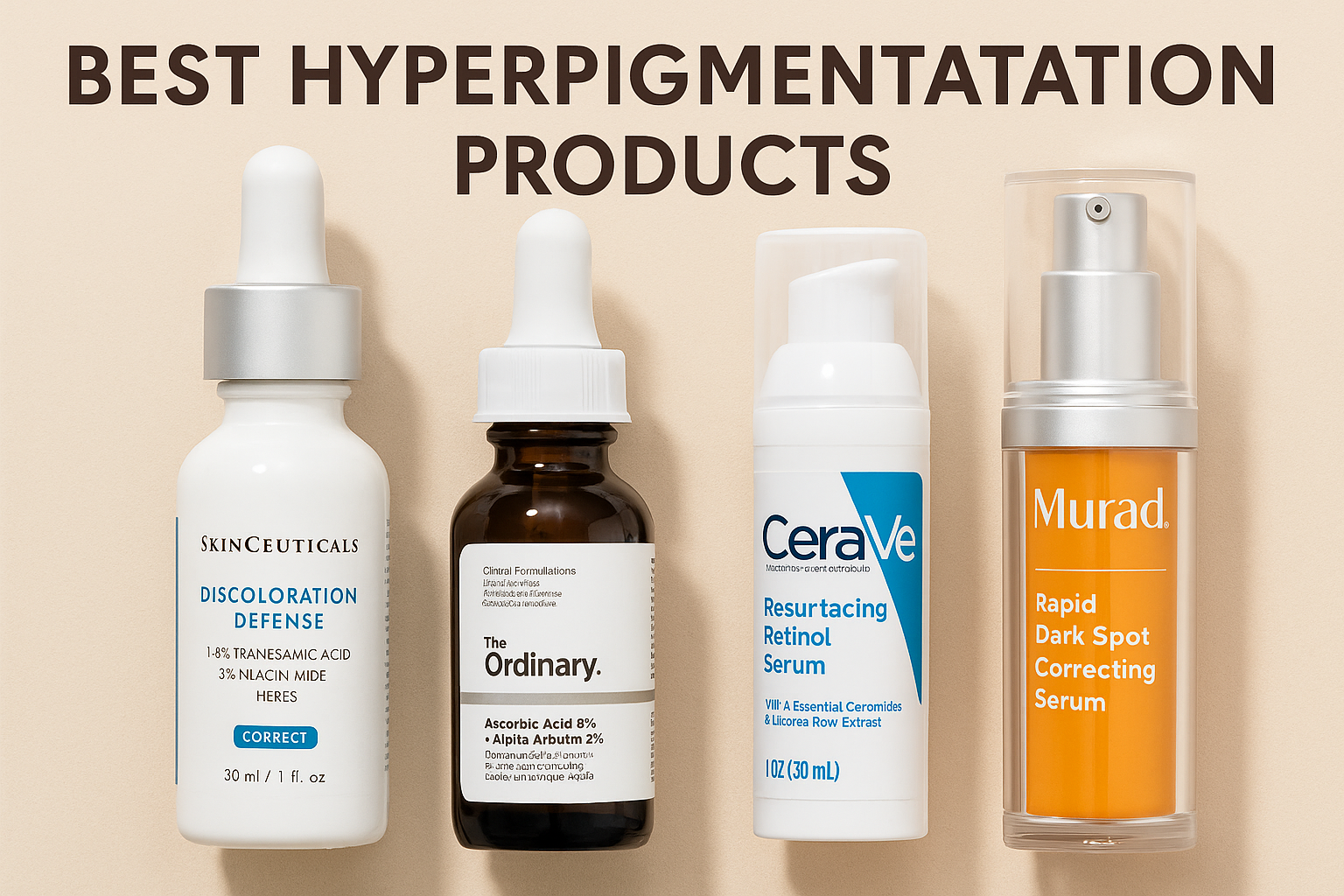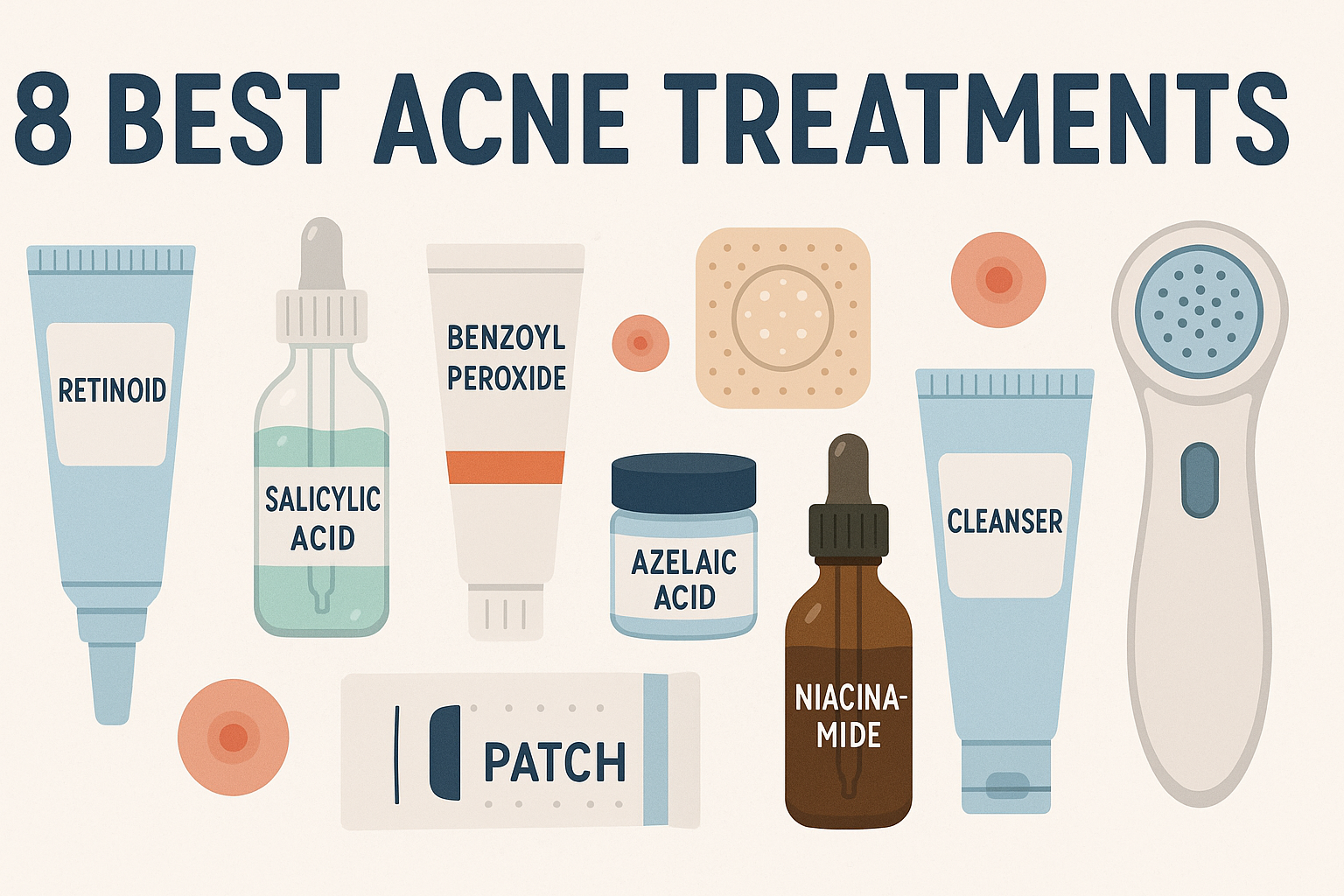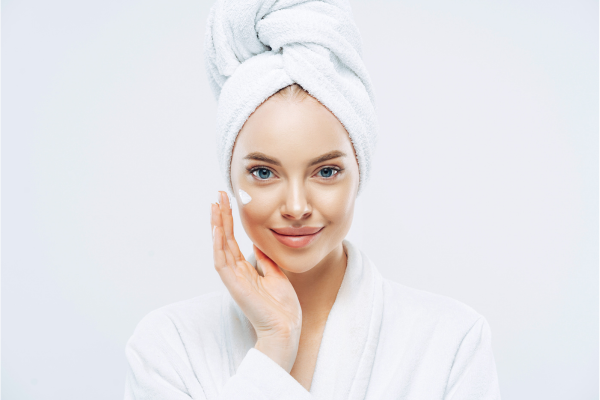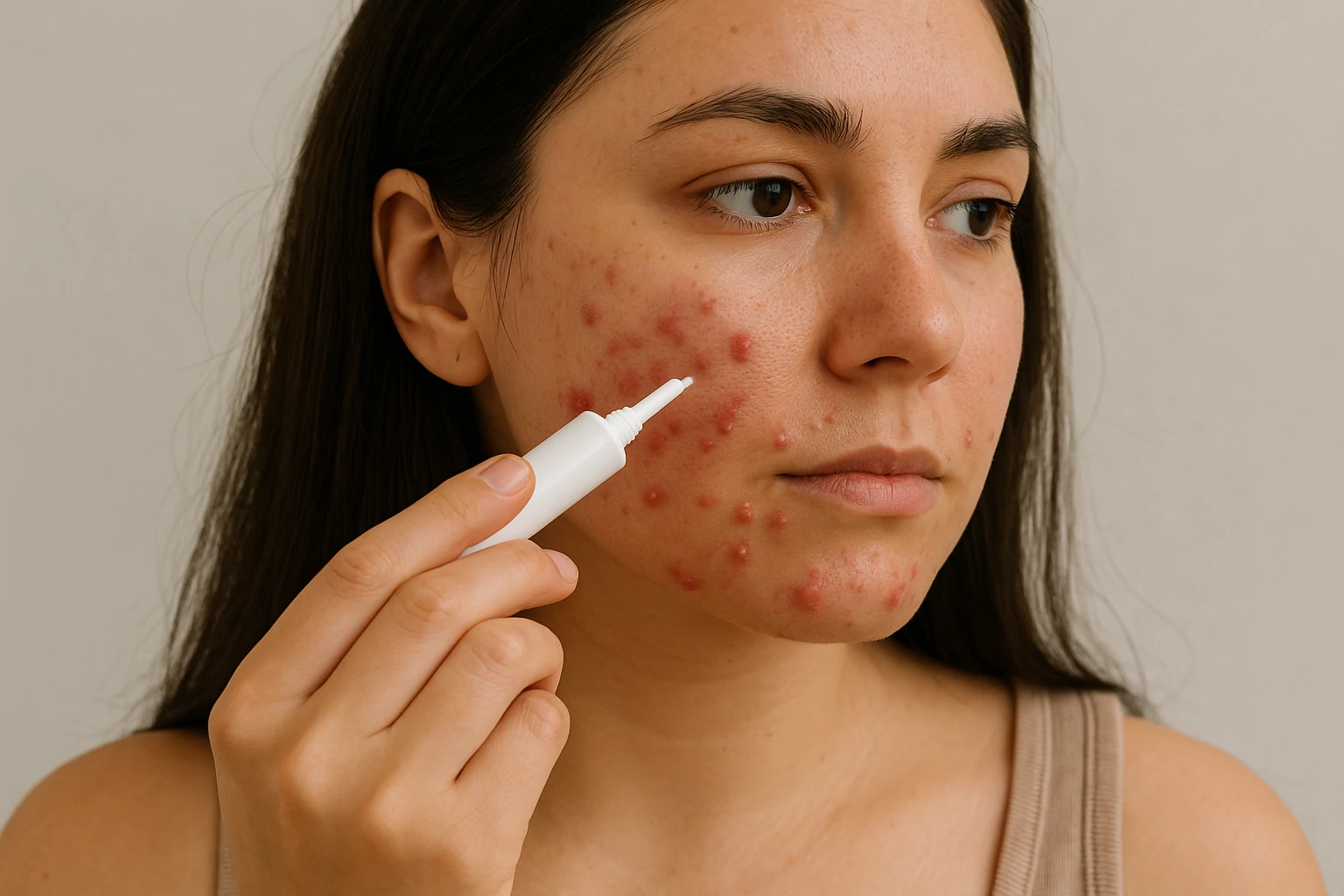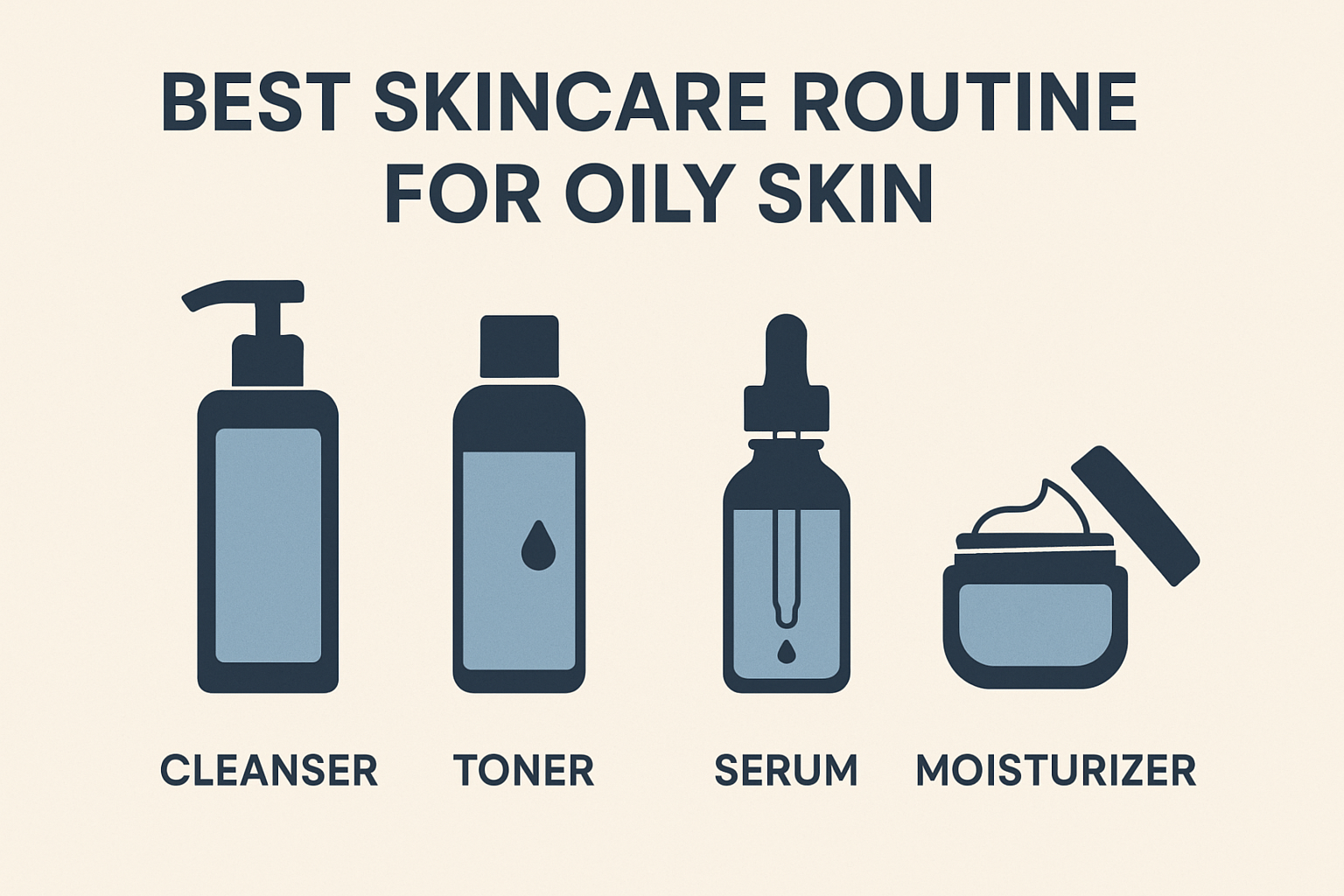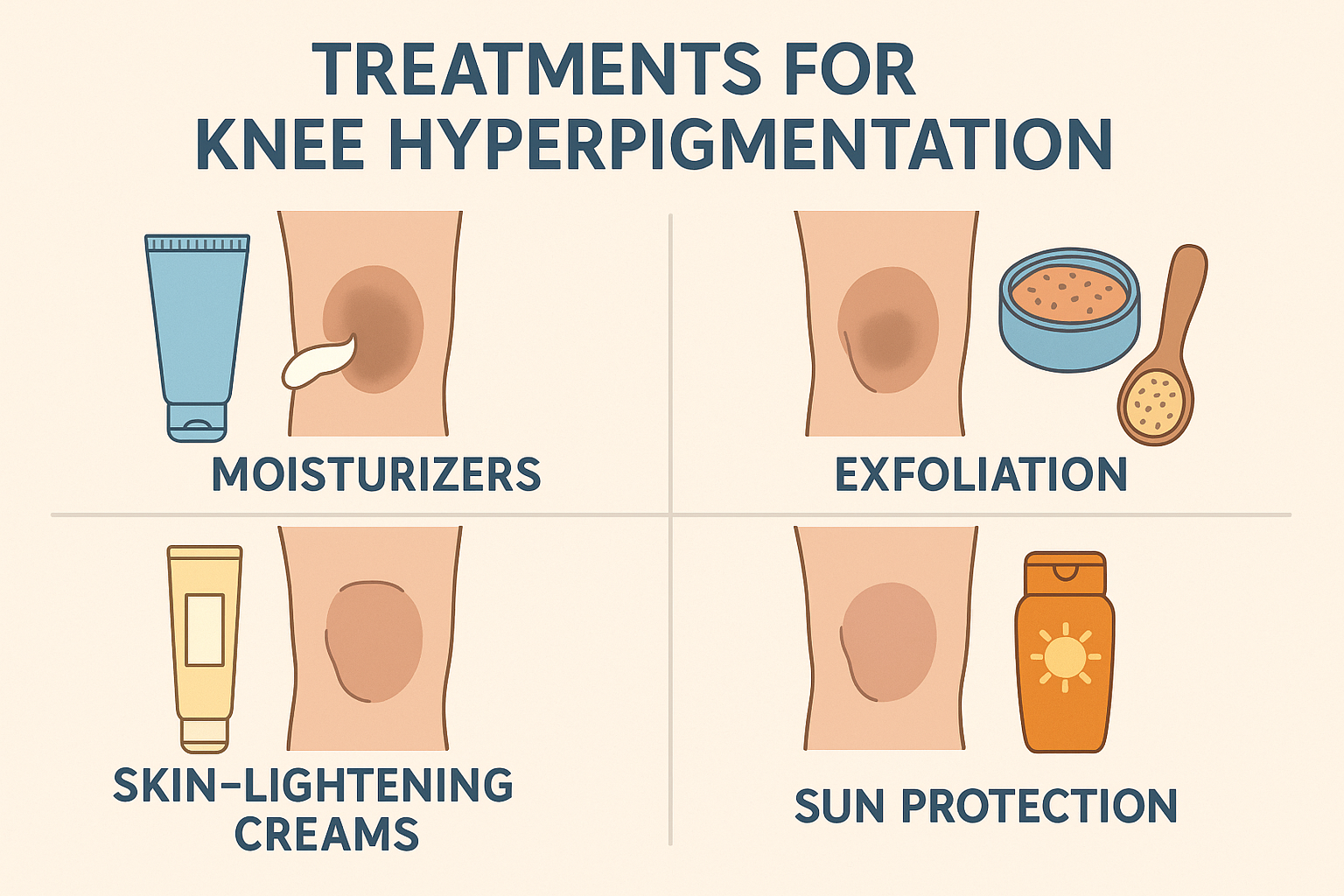Can Biotin Cause Acne? Dermatologists Explain the Truth
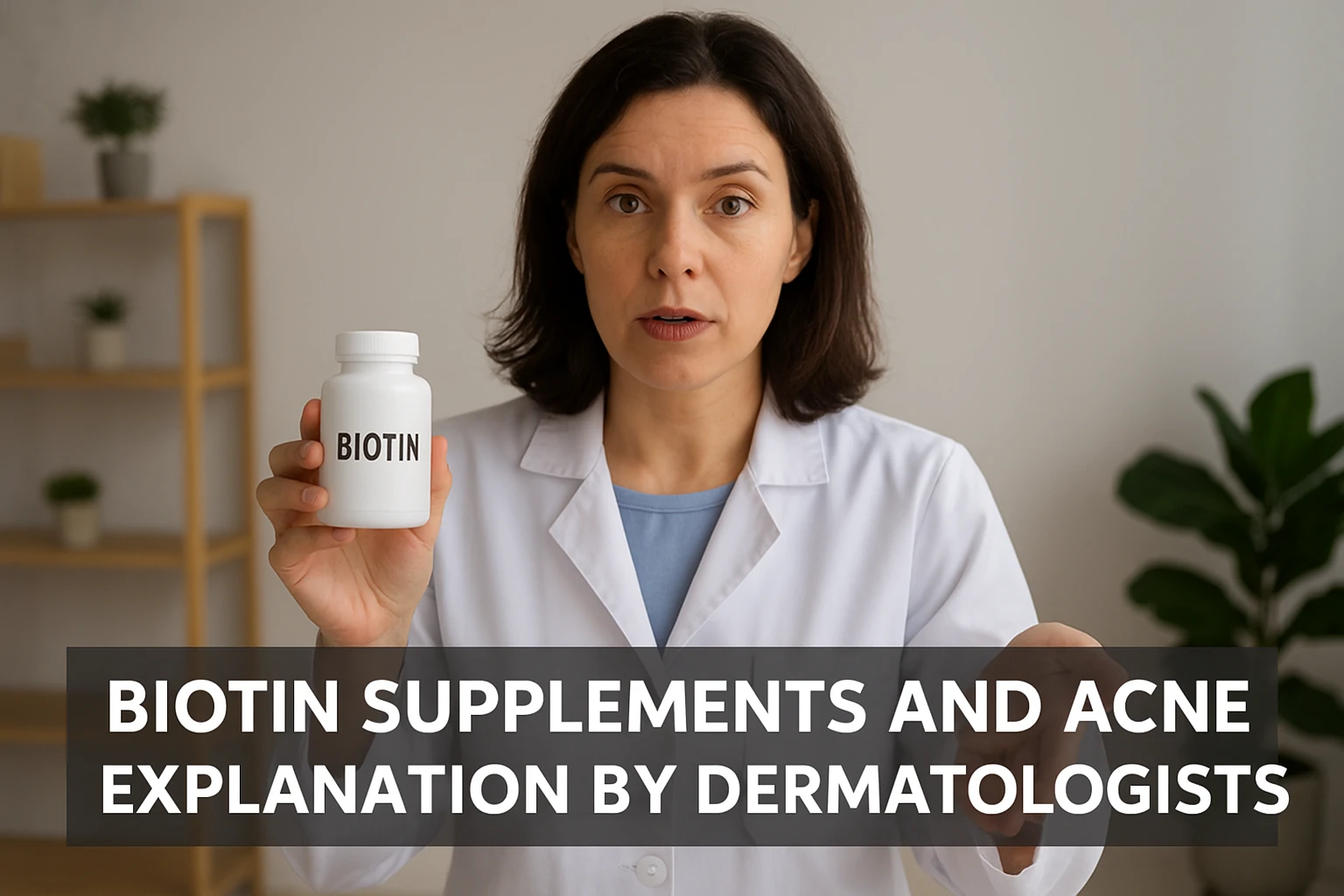
In recent years, biotin supplements have become a beauty trend promising stronger hair and glowing skin. But along with the hype comes a growing question: can biotin actually cause acne?
This topic has sparked plenty of debate among skincare enthusiasts. While many people trust biotin for hair growth and nail strength, others claim it triggered unwanted breakouts. The truth, however, is more nuanced than social media stories suggest.
To separate fact from fiction, we reviewed medical insights and expert opinions from dermatologists to understand whether biotin truly affects your skin. In this article, you’ll learn how biotin works in the body, what science says about its link to acne, and whether it’s safe to keep using it as part of your beauty routine.
What Is Biotin (Vitamin B7) and Why Your Body Needs It
Biotin—also known as vitamin B7—is part of the B-complex group that helps your body convert food into energy. This essential nutrient supports healthy hair, skin, and nails, as well as nerve and eye function.
You can easily get biotin through everyday foods like eggs, salmon, nuts, seeds, spinach, and broccoli.[1Office of dietary supplements – biotin.] Because it’s widely available in food, most people already meet their daily needs naturally—no supplements required.
In skincare science, biotin plays a key role in strengthening keratin, the main protein that forms hair and nails. A lack of biotin may cause brittle nails, thinning hair, or dry skin.
While biotin deficiency is rare, certain conditions—such as biotinidase deficiency, heavy alcohol use, or pregnancy—can increase your body’s need for this vitamin. In these cases, a healthcare professional may recommend supplementation to restore balance.
Symptoms of Biotin Deficiency You Shouldn’t Ignore
Biotin deficiency is uncommon, but when it happens, it can affect multiple systems—especially your hair, skin, and nerves. The symptoms often appear gradually, so they’re easy to overlook at first.
Common signs include:
- Hair loss or noticeable hair thinning
- Red, scaly rashes around the eyes, nose, or mouth
- Eye inflammation (conjunctivitis)
- Brittle nails and recurrent skin infections
- Unusual organic acid levels in urine
- Neurological issues such as fatigue, mild depression, or muscle stiffness[2Saleem F, Soos MP. Biotin deficiency. In: StatPearls. StatPearls Publishing; 2021.]
Nutrition experts emphasize that a balanced diet rich in biotin sources—like eggs, fish, nuts, and leafy greens—can prevent these problems. If you experience multiple symptoms or have underlying health conditions, it’s best to consult a doctor to assess your nutrient levels before considering supplements.
Can Biotin Really Cause Acne?
Scientific research shows no strong evidence that biotin directly causes acne. While anecdotal reports on social media suggest otherwise, dermatologists agree that biotin is generally safe and even beneficial for skin, hair, and nail health.
However, some experts point out a possible indirect effect. Biotin (vitamin B7) and pantothenic acid (vitamin B5) share similar absorption pathways. Taking high doses of biotin could, in theory, reduce vitamin B5 levels—leading to dry skin, excess oil production, or clogged pores. These imbalances might make acne more likely in certain individuals.
Still, studies remain limited, and most people tolerate biotin without any issues. If you notice breakouts after starting a supplement, reducing the dose or improving your overall skincare routine may help. Always check with a dermatologist before making changes to your vitamin regimen.
Do Biotin Supplements Really Benefit Your Skin?
Biotin plays an important role in metabolism, helping produce fatty acids and other nutrients essential for healthy skin. But while it’s vital for basic body functions, extra biotin doesn’t automatically mean better skin.
According to dermatology and nutrition experts, most adults already get enough biotin from food. Adding more through supplements rarely improves skin condition—unless you have a true deficiency. Research from the Office of Dietary Supplements (ODS) also notes that clinical evidence supporting biotin for glowing skin, stronger hair, or tougher nails remains limited.
That said, biotin may still help in specific medical cases, such as infants with skin rashes or children with rare hair disorders. For the general population, though, the best strategy is maintaining a balanced diet, proper hydration, and a consistent skincare routine rather than relying on supplements alone.
How Much Biotin Should You Take?
For most people, extra biotin supplements aren’t necessary. The human body typically gets enough biotin from everyday foods, making deficiency extremely rare. Because of this, there’s no official Recommended Dietary Allowance (RDA) for biotin. However, experts suggest that adults usually need about 30–100 micrograms per day, which is easily met through a balanced diet.[3Biotin (Oral route) description and brand names – mayo clinic.]
Dermatologists note that biotin isn’t prescribed to treat acne but is sometimes used to support hair growth or strengthen nails. In these cases, small supplemental doses—typically 2–5 milligrams daily—may be used under medical supervision.
Before taking any supplement, always consult a doctor or dermatologist. A healthcare professional can assess whether you truly need additional biotin and determine the safest dosage for your specific needs. Taking unnecessary supplements won’t speed up results and might even interfere with certain lab tests.
Best Food Sources of Biotin and How to Add Them to Your Diet
The easiest and safest way to boost biotin intake is through biotin-rich foods. This approach supports your body naturally while providing other essential nutrients for glowing skin and stronger hair.
Excellent food sources of biotin include:
- Eggs, especially yolks—best consumed cooked to improve absorption.
- Salmon and tuna, packed with protein and omega-3 fatty acids that nourish skin and hair.
- Almonds, walnuts, and sunflower seeds, plant-based snacks loaded with biotin.
- Leafy greens like spinach and broccoli, and fruits such as bananas and avocados.
Nutrition specialists recommend varying your diet instead of relying on a single food or supplement. A diverse, whole-food diet helps the body absorb biotin effectively alongside other B vitamins and healthy fats that collectively promote radiant skin, resilient nails, and strong hair.
Who Actually Needs Biotin Supplements? Conditions, Risks, and When to Skip
Although biotin supplements are widely available, most people don’t actually need them. Biotin deficiency is rare because the vitamin is present in many foods. Still, some individuals may require extra biotin under specific conditions.
You may consider supplementation if you:
- Have a genetic condition like biotinidase deficiency, which limits biotin metabolism.
- Are pregnant or breastfeeding, since vitamin B demands increase.
- Experience digestive or absorption issues, or use long-term antibiotics.
- Consume excessive alcohol, which can lower biotin levels.
For healthy individuals with balanced diets, additional supplements provide no proven benefit and may even interfere with lab test accuracy. Experts recommend talking to a doctor before adding biotin to your routine to ensure it’s necessary, safe, and properly dosed for your body’s unique needs.
The Final Takeaway
So, can biotin cause acne? The short answer is — not directly. Current medical research hasn’t found strong evidence linking biotin supplements to acne breakouts. Most dermatologists agree that biotin is generally safe and even beneficial in maintaining healthy hair, nails, and skin when taken in appropriate amounts.
However, excessive supplementation might indirectly affect your skin by disrupting other vitamin balances, such as vitamin B5, which helps regulate oil production. That’s why moderation is key.
For most people, a balanced diet rich in biotin-containing foods—like eggs, salmon, nuts, and leafy greens—is more than enough. Supplements should only be considered under professional guidance, especially if you have a medical condition or confirmed deficiency.
When it comes to skincare and nutrition, consistency matters more than quick fixes. Listen to your body, nourish it well, and always consult a dermatologist before making major changes to your supplement routine.
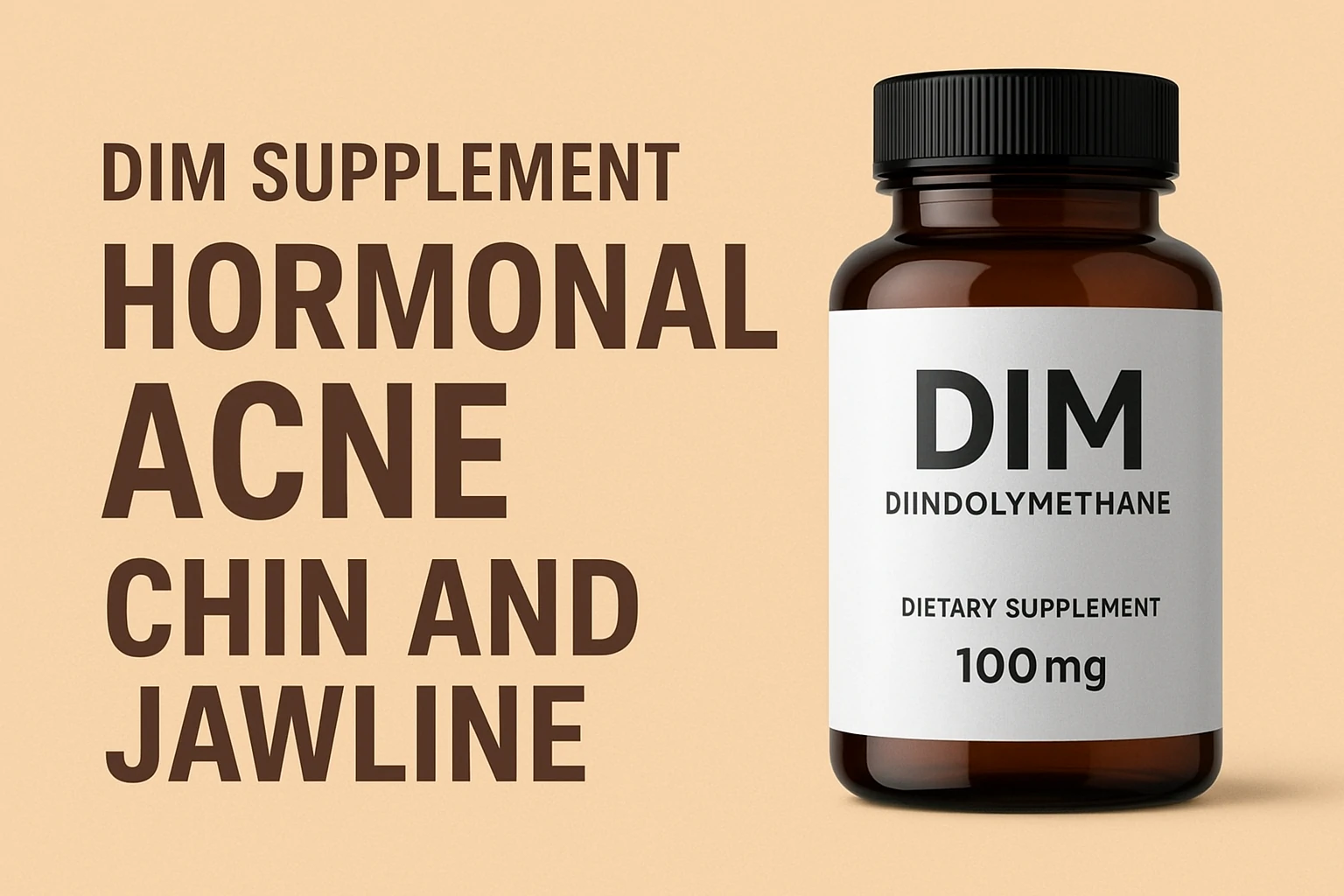
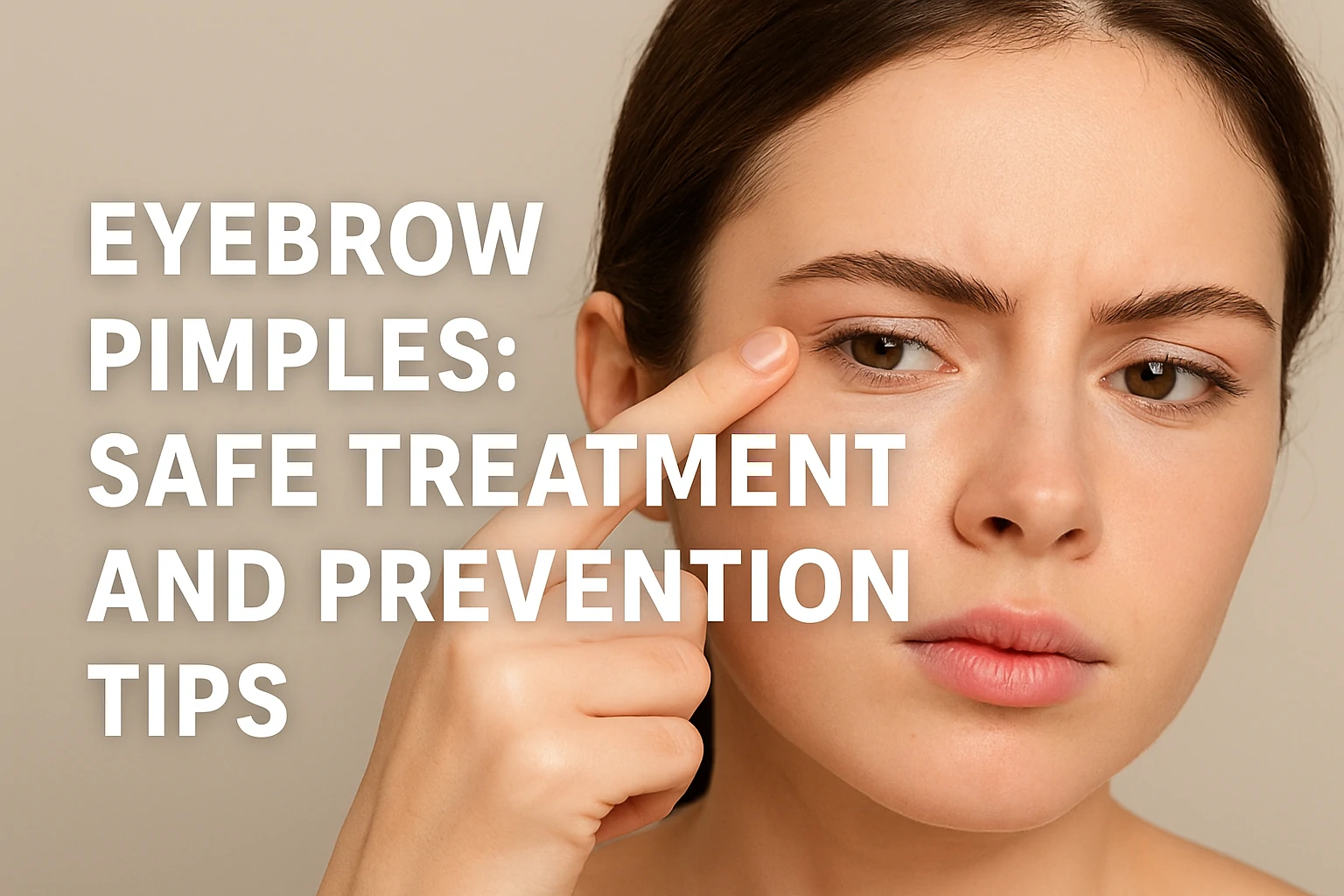
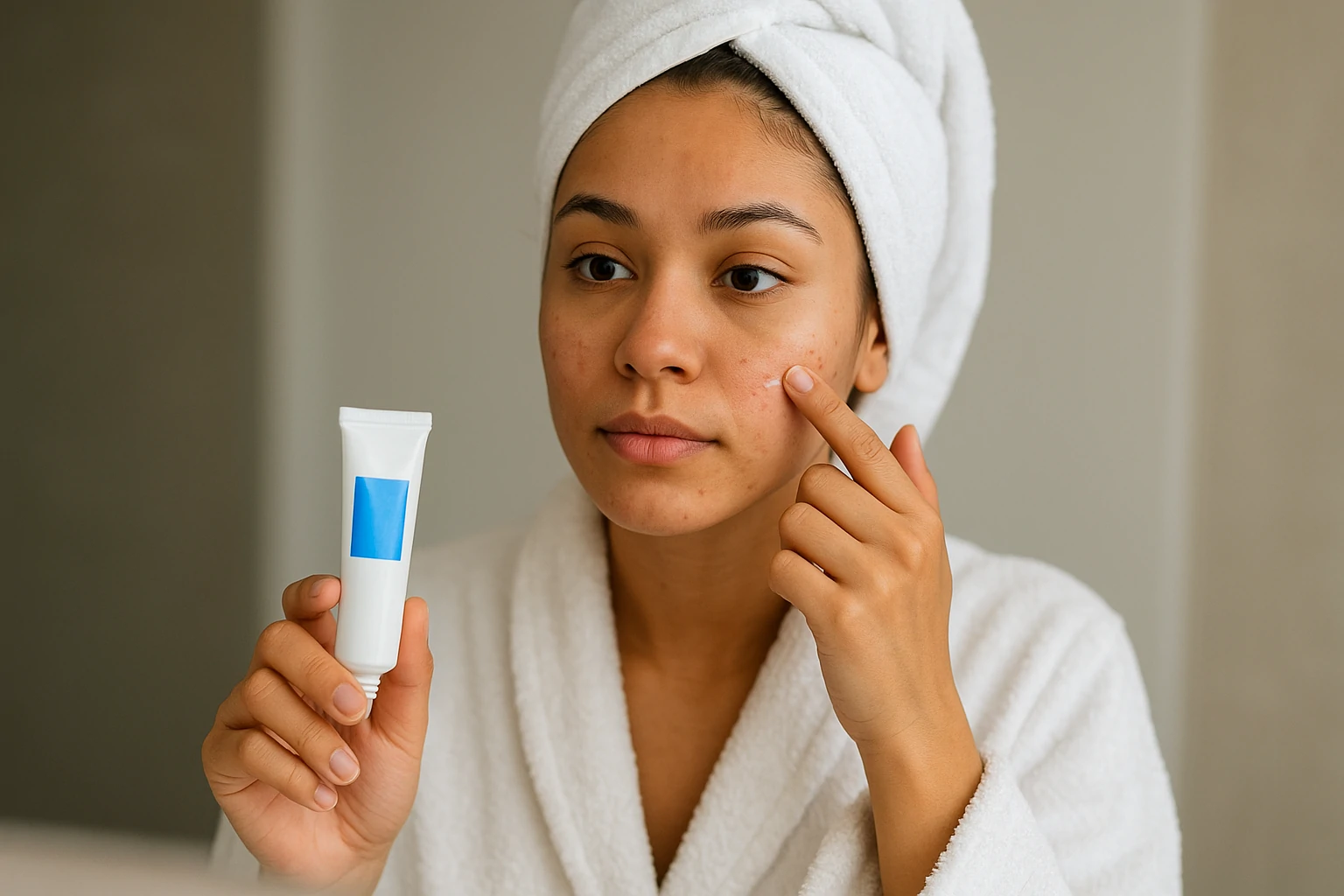
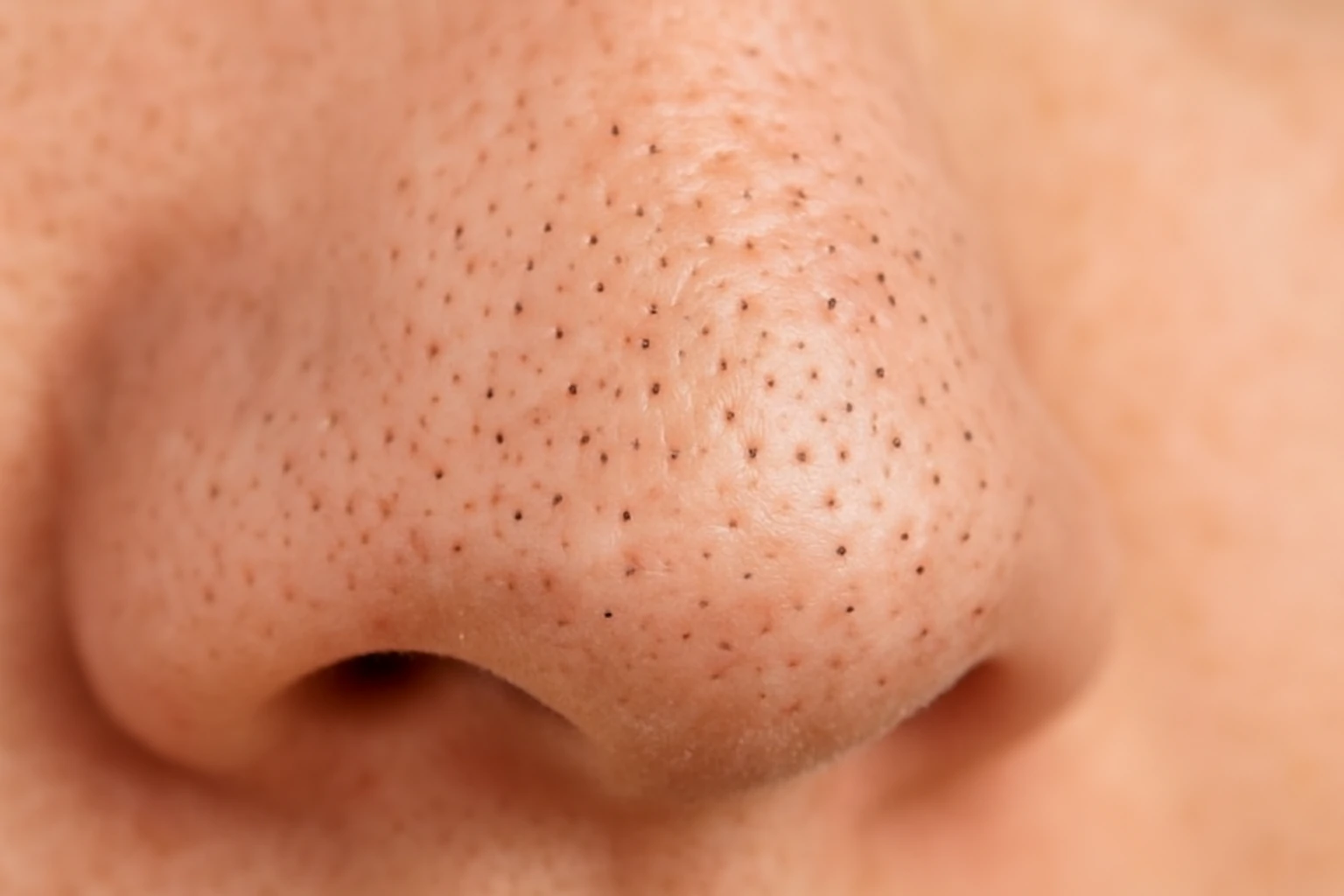
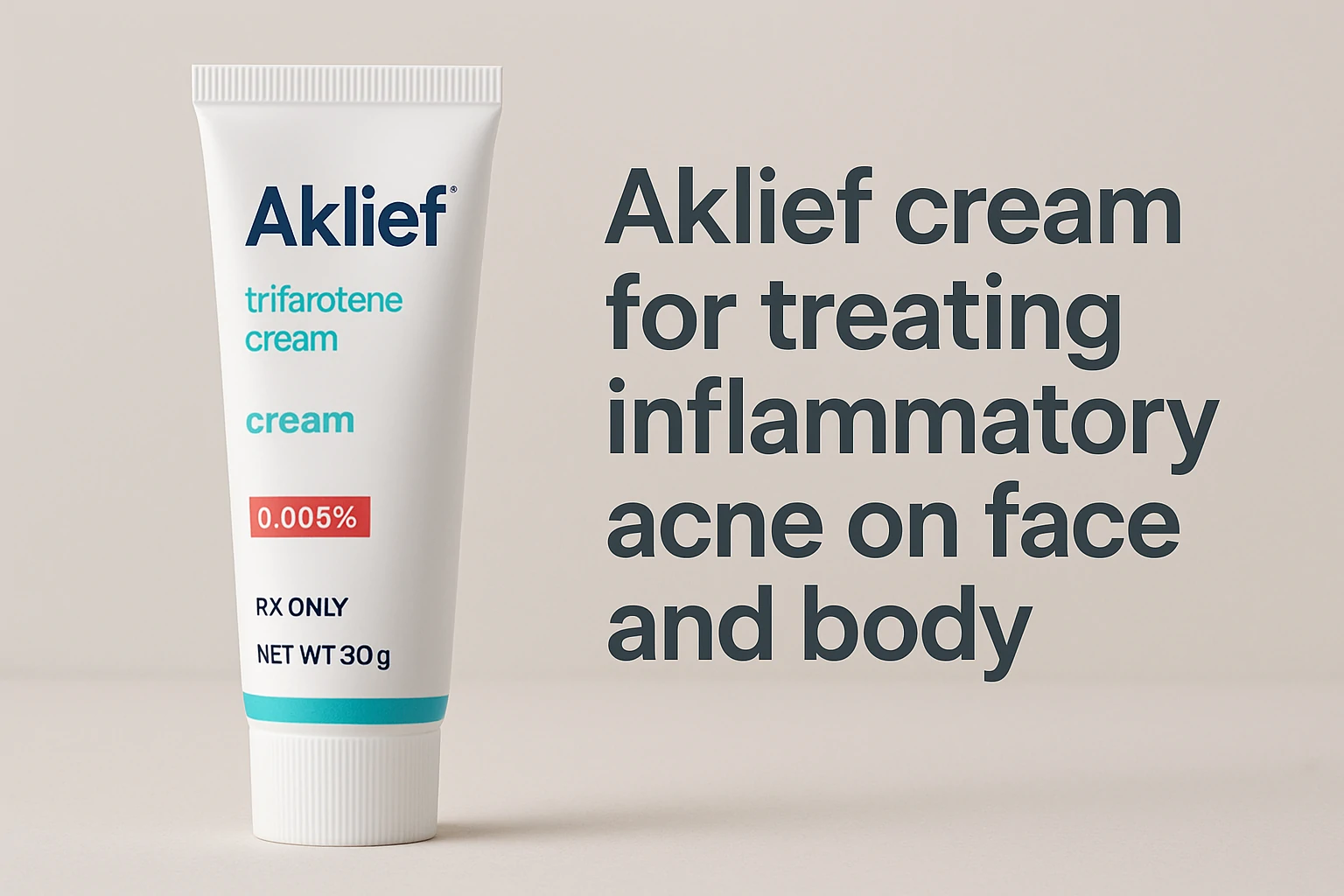

 Acne
Acne Anti-Aging
Anti-Aging Business
Business Digital Marketing
Digital Marketing Economics
Economics Exfoliation
Exfoliation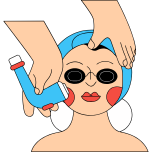 Hair Removal
Hair Removal Movies
Movies Personal Finance
Personal Finance Websites
Websites
